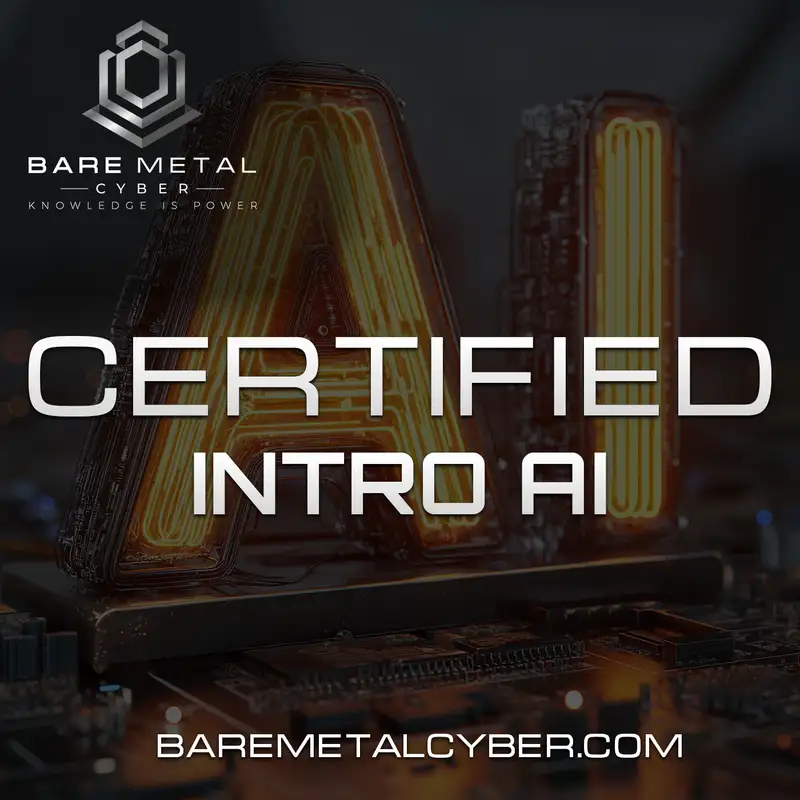Episode 3 — A Brief History of AI — From Turing to Transformers
Artificial Intelligence didn’t appear overnight; it has a story stretching back more than seven decades. In this episode, we step into that story, beginning with Alan Turing’s famous question — can machines think? — and the Turing Test that followed as an early benchmark for intelligence. We’ll visit the 1956 Dartmouth Conference where the term “Artificial Intelligence” was first coined, and hear how optimism in the 1960s gave way to the harsh realities of AI winters when funding dried up and promises went unmet. From expert systems of the 1980s to the revival of neural networks in the 1990s, AI has repeatedly risen, stumbled, and reinvented itself. Each cycle brought fresh lessons about the limits of rule-based programming and the importance of data and computation.
The second half of the story connects history directly to the present. You’ll discover how the rise of big data, cloud computing, and open-source frameworks unlocked the deep learning breakthroughs of the 2010s. Landmarks such as Deep Blue defeating a chess champion and AlphaGo mastering the game of Go showed the world just how far AI could go. From computer vision to natural language processing, today’s transformer models represent the culmination of decades of work, not an overnight miracle. Understanding this journey provides essential context: it explains why current AI systems work the way they do, what challenges they’ve inherited, and why progress today feels both rapid and inevitable. Produced by BareMetalCyber.com, where you’ll find more cyber prepcasts, books, and information to strengthen your certification path.
